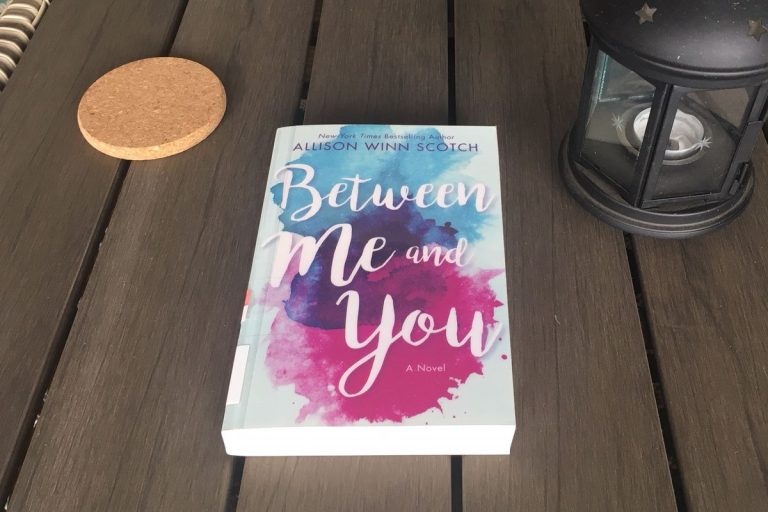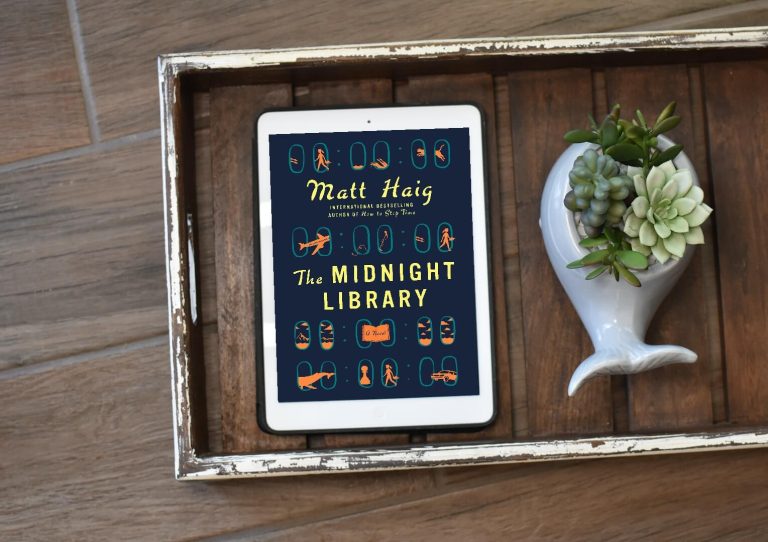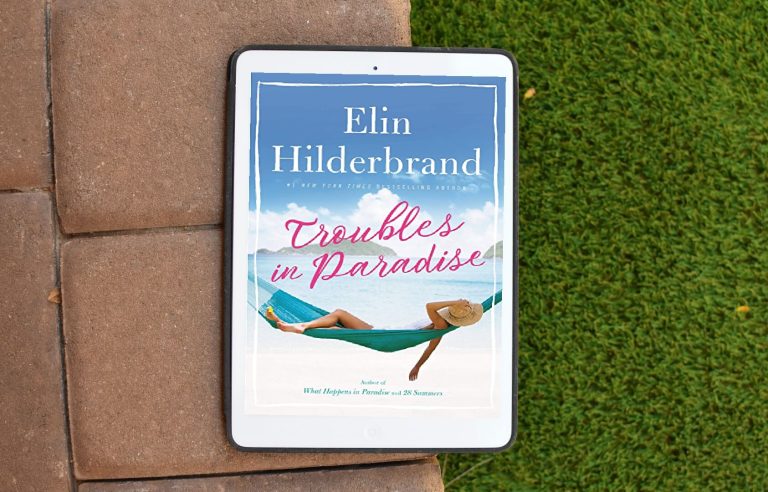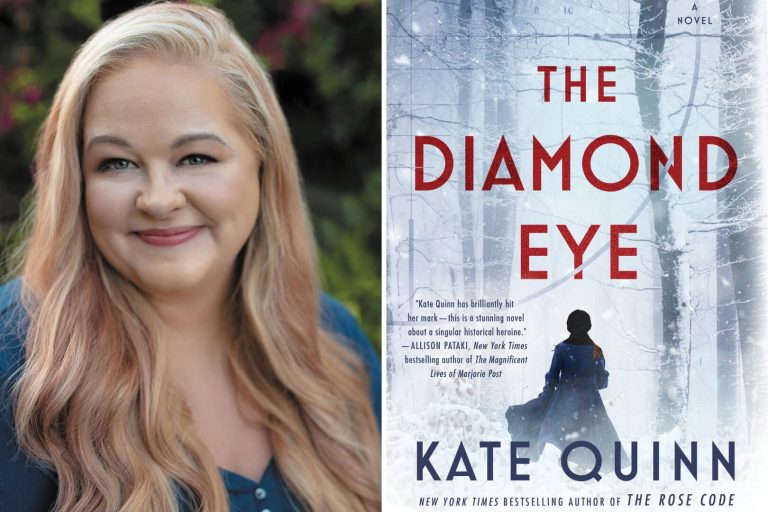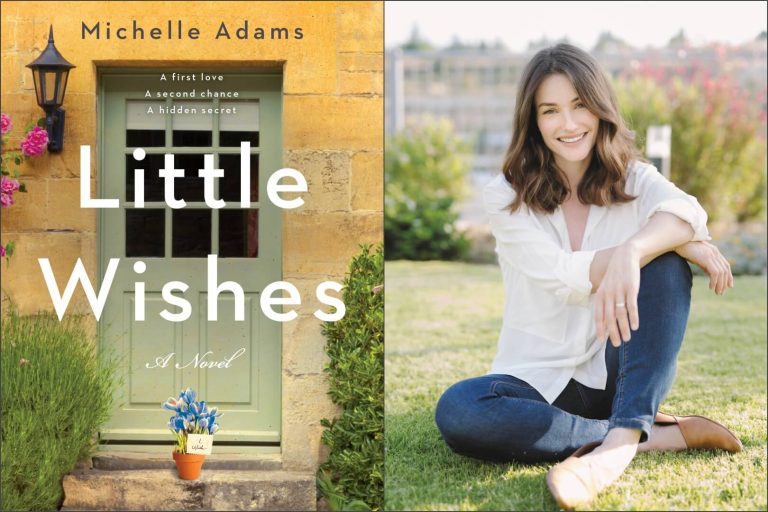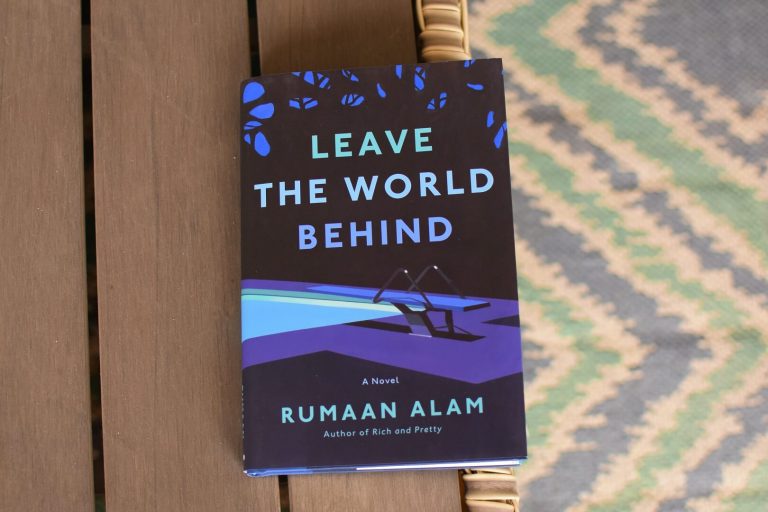This post contains links to products that I may receive compensation from at no additional cost to you. View my Affiliate Disclosure page here.
Katherine Reay is the author of the historical fiction novel, The Berlin Letters.
Katherine Reay is a national bestselling and award-winning author who has enjoyed a lifelong affair with books. She publishes both fiction and nonfiction, holds a BA and MS from Northwestern University, and currently lives outside Chicago, Illinois, with her husband and three children.
The Berlin Letters is a story about Cold War and a CIA code breaker who risks everything to free her father from an East German prison.
Let’s get to know Katherine as she talks favorite books, inspiration behind The Berlin Letters, writing historical fiction and more!
What are some of your favorite novels?
I would say C.S. Lewis and Jane Austen have had the most influence on both my reading and writing — if the criteria is that I return to their stories again and again. I probably pick up one of Jane Austen’s six novels annually because I know what lessons each holds in developing story or character — and I seem to often need a refresher course. Also — they’re just plain fun. As for Lewis, his themes run deep and that always intrigues me.
I have also recently enjoyed Maggie O’Farrell’s work — her prose is magnificent. Frederick Forsyth writes an intricate spy story, as does Kate Quinn. And I’ll definitely check out anything Amor Towles and Lisa Wingate offer as well.
When did you know you wanted to become an author?
I’ve always loved writing, but thought I’d write in the non-fiction space. In college and, even beyond, I envisioned myself ending up a professor. That said, a fictional story came to me in 2009 and I started to write it. I didn’t know much about the craft at the time and learned as I went along, but that story became my debut novel, Dear Mr. Knightley, and I’ve been writing ever since. I do love this “second” career and I hope I keep writing and publishing stories for years to come.
Do you have a favorite genre to write?
That’s a hard question as I have published both contemporary and historical fiction — and truly enjoy both. That said, I am having a lot of fun in the historical space right now and don’t see myself leaving it for at least the next several books. I love examining history and drawing out, in a very personal way for one character, the impact and perspective our past has upon our present.
What inspired you to write The Berlin Letters?
I was deep into research while writing my previous novel, A Shadow in Moscow, which is about two women spies – one working for MI6 and the other for the CIA – circling each other in Cold War Moscow when I, of course, came across the most iconic symbol of the Cold War — the Berlin Wall. I was curious about making the Wall both the structure of a story and a character within it. The Berlin Letters starts the morning the Wall goes up, August 13, 1961, and end the night it falls, November 9, 1989.
And, throughout the novel, one character will take readers behind the Wall to explore life in East Berlin. But the whole thing really came together when I came across the CIA’s Venona Project, an extraordinary codebreaking project, mostly run by women, that was operational from 1943 to 1980. Once that piece fell into place, I had Luisa’s journey in my mind — and it’s a race of a story.
When writing historical fiction, how do you find the right balance between fact and fiction?
For me, I like to create characters within factual events. I don’t personally feel equipped to fictionalize a real person’s emotions, motivations, or internal landscape. So, if a real person is mentioned in one of my books, such a Stasi spymaster Marcus Wolf, then I will present the actions he took at that time in history, not how he felt about them. But my main characters will always be fictional — and there I feel free to dig into how they feel about the events, how they react to them, carry them, and struggle to change them.
What are you currently reading and what’s on your TBR (to be read) list?
So many books! My next manuscript is due soon, so rather than read as much as I’d like, the pile grows. I just finished Madeline Martin’s The Booklover’s Library, which will publish in August, and readers are in for a real treat. Right now, I’m reading Vanessa Riley’s Queen of Exiles. Her research is extraordinary and she is drawing me into an unfamiliar period of history — fantastic! As for my TBR list, I am anxiously waiting Annabel Monaghan’s new novel, Summer Romance. Her wit is so sharp and her stories so engaging that, once I hand in this manuscript, I know it’ll be the perfect escape.

